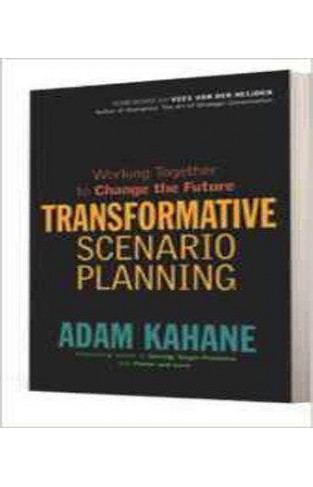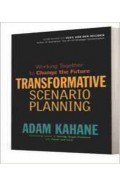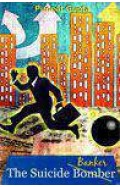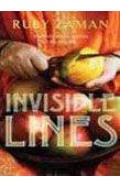Transformative Scenario Planning
By: Adam Kahane
-
Rs 440.00
- Rs 550.00
- 20%
You save Rs 110.00.
Due to constant currency fluctuation, prices are subject to change with or without notice.
People who are trying to solve tough economic, social or environmental problems often find themselves frustratingly stuck. They cannot solve their problems in their current context the larger system within which they are operating is too unstable or unfair or unsustainable. They cannot transform this system on their own or by working only with their friends or colleagues the system is too complex to be grasped or shifted by any one person or organization or sector. And the actors whose cooperation would be necessary to transform the system don't understand or agree with or trust each other enough to work together. Transformative scenario planning takes the well established methodology of adaptive scenario planning rigorously constructing a set of stories of alternative possible futures and turns it on its head. It uses scenarios not only to understand and adapt to the future but also to challenge and change it. It offers a way for us to transform ourselves and our relationships with one another and thereby to transform the systems of which we are part.
| Book | |
| What's in the Box? | 1 x Transformative Scenario Planning |
People who are trying to solve tough economic, social or environmental problems often find themselves frustratingly stuck. They cannot solve their problems in their current context the larger system within which they are operating is too unstable or unfair or unsustainable. They cannot transform this system on their own or by working only with their friends or colleagues the system is too complex to be grasped or shifted by any one person or organization or sector. And the actors whose cooperation would be necessary to transform the system don't understand or agree with or trust each other enough to work together. Transformative scenario planning takes the well established methodology of adaptive scenario planning rigorously constructing a set of stories of alternative possible futures and turns it on its head. It uses scenarios not only to understand and adapt to the future but also to challenge and change it. It offers a way for us to transform ourselves and our relationships with one another and thereby to transform the systems of which we are part.
Zubin Mehta: A Musical Journey (An Authorized Biography)
By: VOID - Bakhtiar K. Dadabhoy
Rs 630.00 Rs 1,050.00 Ex Tax :Rs 630.00
Manning Up: How the Rise of Women Has Turned Men into Boys
By: Kay Hymowitz
Rs 796.00 Rs 995.00 Ex Tax :Rs 796.00
No similar books from this author available at the moment.
No recently viewed books available at the moment.
Zubin Mehta: A Musical Journey (An Authorized Biography)
By: VOID - Bakhtiar K. Dadabhoy
Rs 630.00 Rs 1,050.00 Ex Tax :Rs 630.00














-120x187.jpg?q6)













